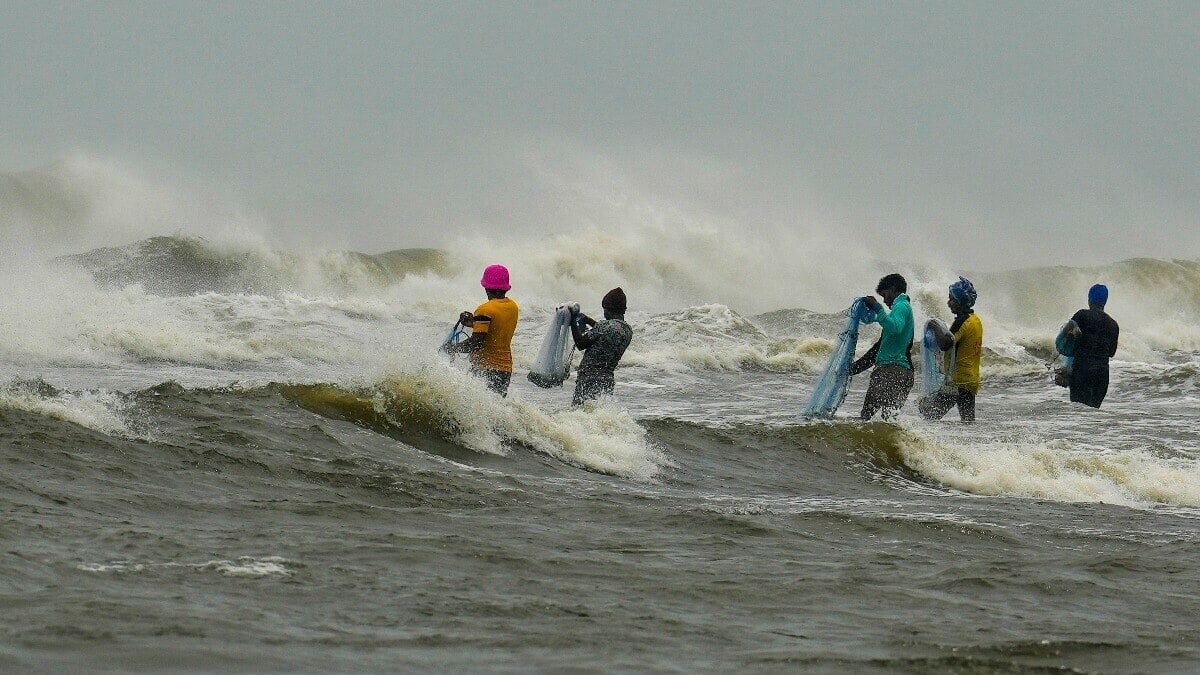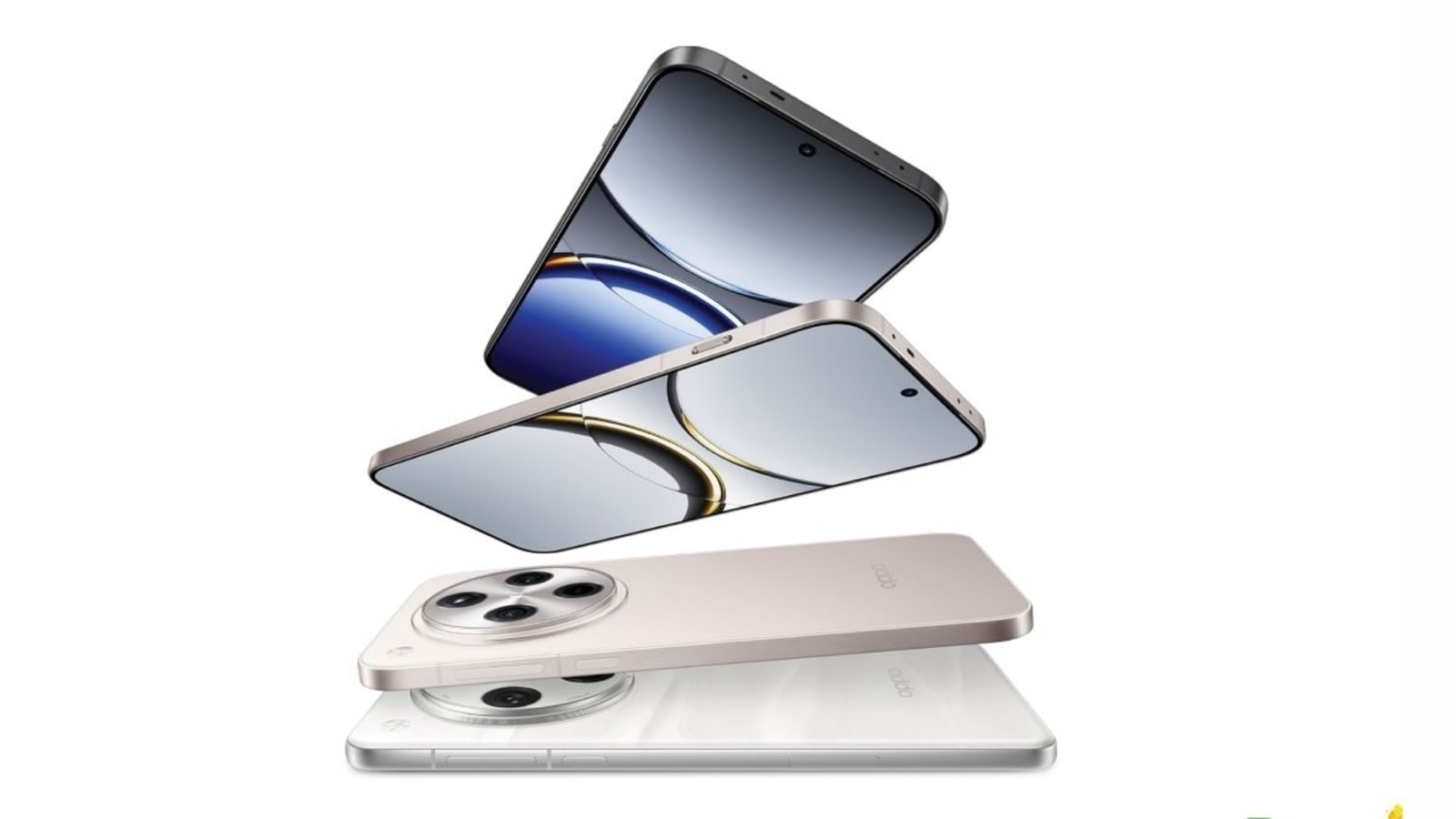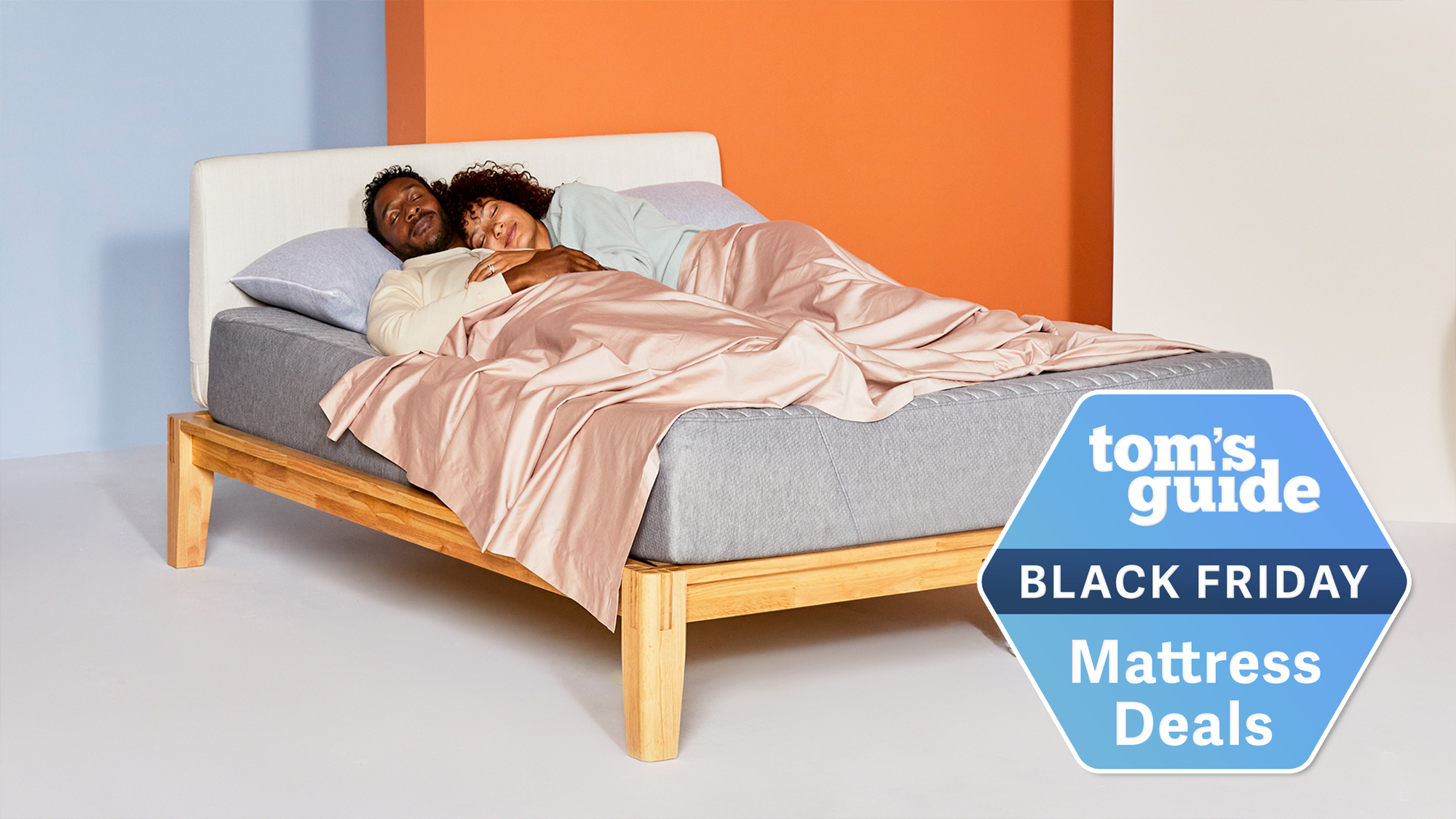
The explosion of new Chinese carmakers entering Australia will bring with it cutthroat competition and a high attrition rate, with many expected to fail and ultimately exit the country. or signup to continue reading That's the word from the distributor for Chinese carmaker , among the throng of new entrants looking to gain a foothold in the Australian market. Xpeng will officially launch sales in Australia with the in early December.
. The mid-sized SUV takes on compatriots including the and – not to mention other Chinese-built cars from established brands, including the and new . Further afield, there are plans to introduce the P7 Plus sedan and the Mona M03 liftback.

Speaking at the Sydney International EV Show, host to various Chinese electric vehicle (EV) brands, Jason Clarke – the CEO of True EV, Xpeng's Australian importer and distributor – warned the wave of Chinese marques brought with it a high degree of competition and risk. "Our global CEO says there's currently about 200 EV brands in China, and he believes only seven of them will survive," Mr Clarke said. "Absolutely [it will be the same story in Australia].
Even the legacy brands are going to find it tough. "We're very cautious with our demand and our ordering, to make sure we're not over-ordering and that we can meet customer demand. "I'm not worried, and we're not strictly competing on price – we want our brand to speak for itself.
" In a bid to stand out from the crowd, Mr Clarke said Xpeng would focus solely on EVs in Australia, and believes upcoming battery improvements mean they will quickly surpass the current appeal of hybrids and range-extender EVs. Similarly, Xpeng is taking a different approach to its sales model in Australia, with its initial strategy to comprise pop-up retail locations at Sydney Airport and Crown Casino sites in Sydney and Melbourne. Separate sites in Brisbane, Adelaide and Perth will follow in 2025, according to Mr Clarke.
It marks a stark point of difference initially from the likes of Deepal, which will lean on an established dealer network of its Australian distributor, Inchcape. Likewise, Leapmotor will lean on the Stellantis dealer network. However, Mr Clarke was unperturbed.
"The whole dealer spiel of 'just give me a minute and I'll speak with my manager' – we're done with that," Mr Clarke said. "We'll be doing drive home test drives where you land at Sydney Airport and get an Xpeng to drive you back, so a test drive valet service. We're trying to reach our audience in a different way and even interact differently through social media.
" Ironically, when asked how Xpeng products would stand out from the burgeoning Chinese EV crowd in Australia, Mr Clarke pointed to many of the same strengths other brands tout – chiefly, technology and design. "I've toured the Xpeng factories, I've watched the manufacturing process in China. It's state of the art.
These guys are even manufacturing their own chips now, they're making the technology that people want and they're exceptional to look at," he said. "The challenge as a distributor is how do we get these features to market and how do we get customers to understand what we offer. "It's going to be like a supermarket chain, where there's no shortage of assortment of breakfast cereal.
It's up to us to market the features and the technology, and the fact we're a lifestyle brand." The mountain of new car competitors in Australia is merely the tip of the iceberg for Chinese carmakers globally, who are also facing the risk of higher tariffs for exported vehicles to key markets like Europe, as well as the US under . "Australia doesn't have a domestic car manufacturing industry to protect anymore, but you would expect that with Donald Trump elected that we might buckle to the US' influence with tariffs," Mr Clarke said of the tariff situation.
"But China is still Australia's biggest trading partner, so you know it's going to be counterproductive to limit new car imports. "That said, if there's no demand, no one is going to take on the brand anyway." Content originally sourced from: Advertisement Sign up for our newsletter to stay up to date.
We care about the protection of your data. Read our . Advertisement.













